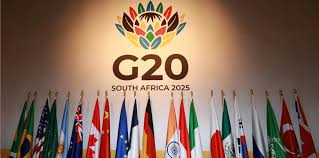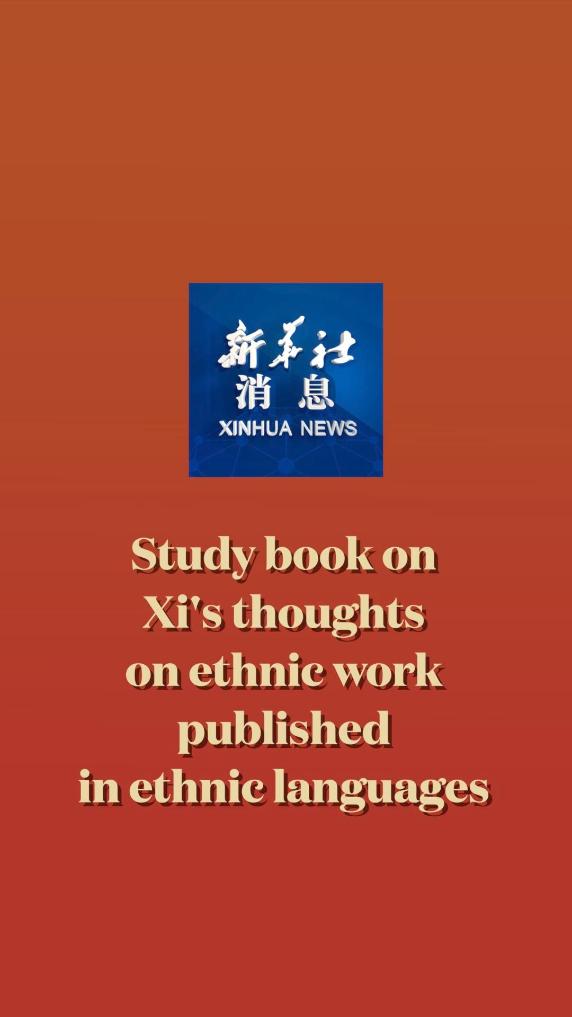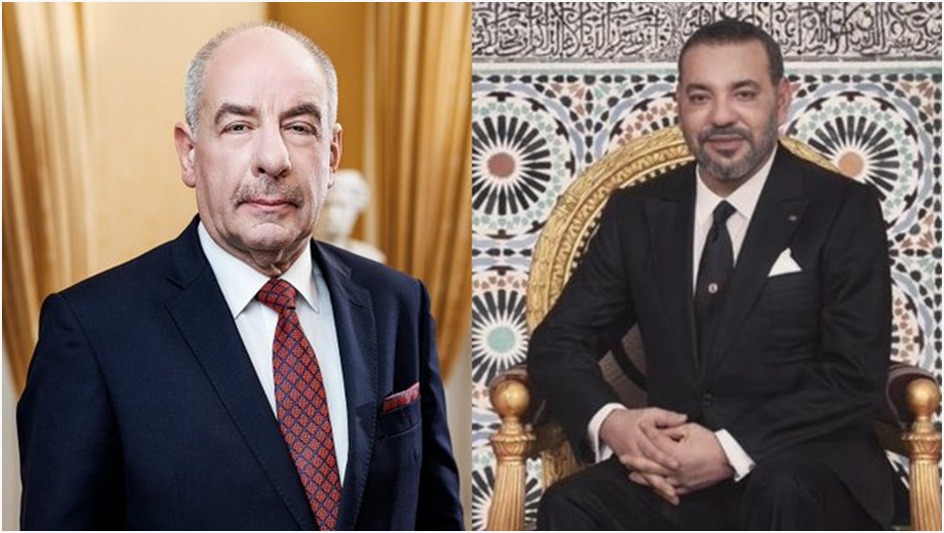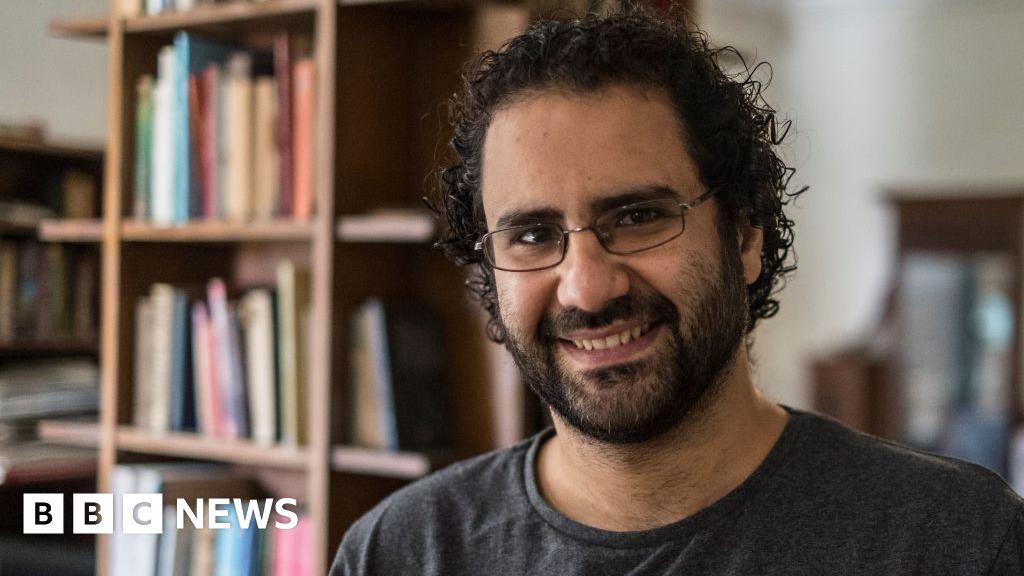Global innovators have convened this week for the G20 Research and Innovation Working Group (RIWG) Hackathon to tackle one of the world’s most pressing challenges: reducing disaster risk in the context of accelerating climate change.
Hosted virtually by South Africa’s Department of Science, Technology, and Innovation (DSTI) as a flagship initiative of this year’s Group of 20 (G20) RIWG agenda, the hackathon runs from Tuesday to Friday under the theme “Disaster Risk Reduction through Open Innovation (DRR-OI).”
“This year’s challenge focuses on forecasting informal urban expansion and its implications for flood risk using advanced digital tools and real-world data,” the DSTI said in a statement late Tuesday. “Building on previous DRR-OI platforms and pilot projects, the hackathon is a dynamic testbed for scalable, evidence-based solutions that can inform policy and urban planning in rapidly growing cities.”
Multidisciplinary teams from G20 countries and their partners are developing digital solutions powered by artificial intelligence (AI), machine learning, and geospatial analytics, guided by principles of responsible and ethical AI, according to the statement.
South Africa is represented by a cohort of emerging leaders and innovators, including Charles Takalana, deputy director at the International Astronomical Union Office of Astronomy for Development in Cape Town.
“The involvement of these experts underscores the depth of local scientific and entrepreneurial talent and ensures that African urban contexts and lived experiences are at the forefront of the development of globally relevant solutions,” the department said.
Final prototypes and solution demonstrations will be presented at the G20 Research and Innovation Working Group Ministerial Meeting on Sept. 23, where they will help shape high-level discussions on climate adaptation, urban resilience, and the role of digital innovation in sustainable development. Enditem
Source: Xinhua
Share Us



